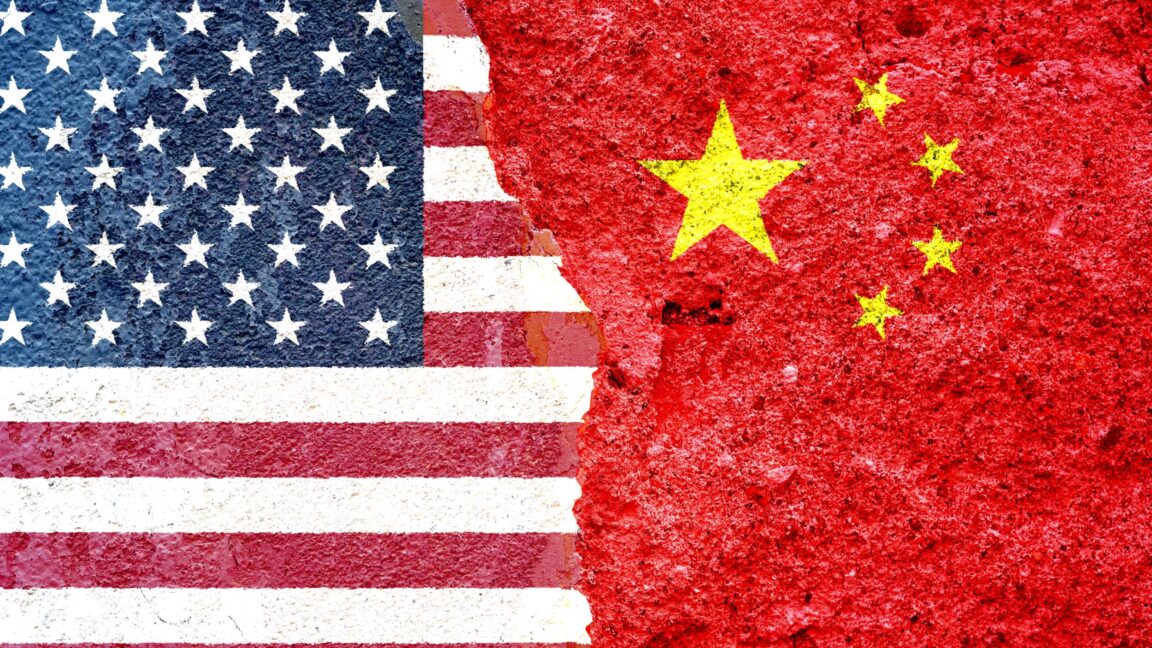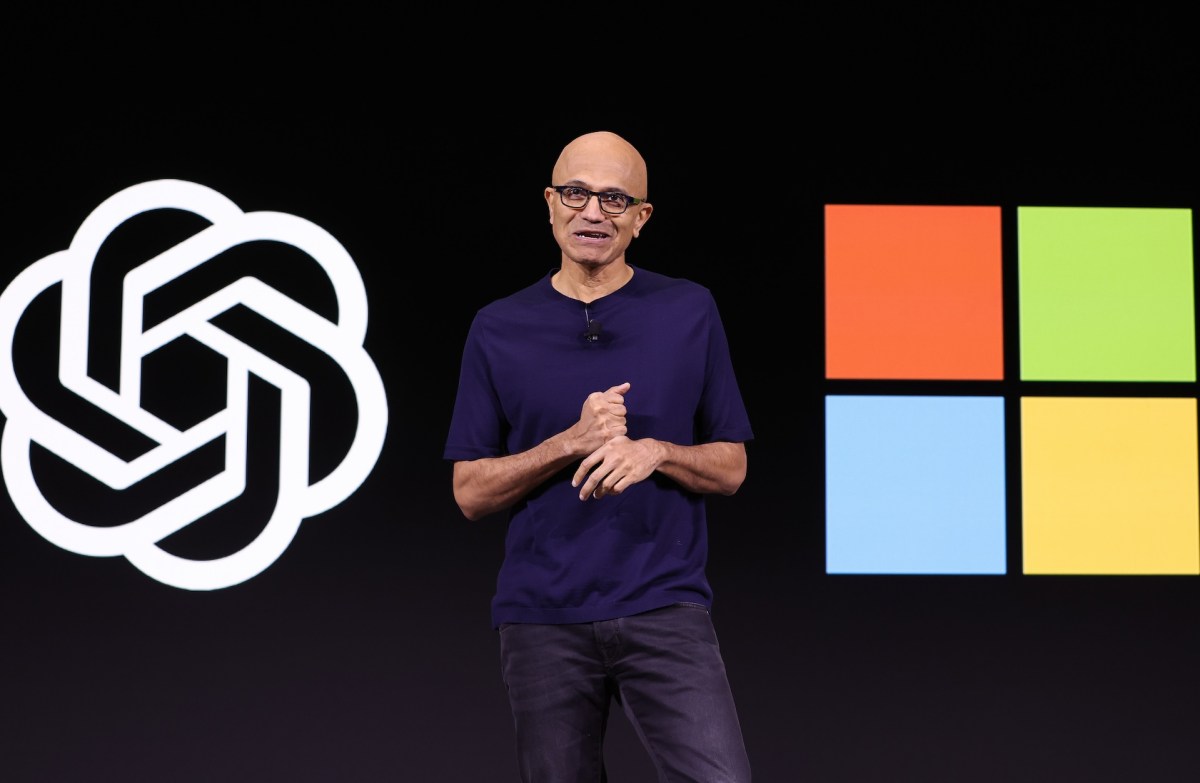Trade war de-escalation
US and China pause tariffs for 90 days as Trump claims “historic trade win”
US drops China tariff from 145% to 30% while governments seek longer-term deal.
Jon Brodkin
–
May 12, 2025 11:38 am
|
67
Credit:
Getty Images | Wong Yu Liang
Credit:
Getty Images | Wong Yu Liang
Text
settings
Story text
Size
Small
Standard
Large
Width
*
Standard
Wide
Links
Standard
Orange
* Subscribers only
Learn more
Minimize to nav
The US and China agreed to lower tariffs by 115 percent for 90 days while they continue talks on a longer-term agreement, sending stocks soaring on hopes that President Trump's trade war won't be as damaging to the two economies as previously feared.
"As part of a deal hammered out in Geneva over the weekend, the US will lower additional tariffs on Chinese goods to 30 percent from 145 percent and China will reduce duties on US imports to 10 percent from 125 percent. China said it would also 'suspend or cancel' non-tariff measures taken against the US," the Financial Times wrote.
Trump recently appeared eager to make a deal, while China seemed content to wait for better terms. The White House today called the temporary deal "a historic trade win for the United States" that "demonstrat President Trump's unparalleled expertise in securing deals that benefit the American people."
The White House said the agreement will "reduce China's tariffs and eliminate retaliation, retain a US baseline tariff on China, and set a path for future discussions to open market access for American exports." A joint statement with China said the two governments recognize "the importance of a sustainable, long-term, and mutually beneficial economic and trade relationship."
The deal announced today "did not address what would happen to low-value 'de minimis' ecommerce packages shipped from China to the US," Reuters wrote. The US imposed 120 percent tariffs on those packages.
Treasury Secretary Scott Bessent said today that both governments want to avoid a severing of their economies but that the US still plans to impose tariffs on specific items that the White House wants to be produced in the US. Bessent said that "neither side wants a generalized decoupling. The US is going to do a strategic decoupling in terms of the items that we discovered during COVID were of national security interests, whether it's semiconductors, medicine, steel, so we still have generalized tariffs on some of those, but both sides agree we do not want a generalized decoupling."
The S&P 500 index was up about 2.6 percent today as of this writing, while the tech-focused NASDAQ Composite index had risen about 3.5 percent. Neither index has recovered to its record high after months of turmoil caused by Trump's tariffs.
Reuters quoted Zhiwei Zhang, chief economist at Pinpoint Asset Management in Hong Kong, as saying that the 90-day deal was better than he expected. "I thought tariffs would be cut to somewhere around 50 percent," Zhang said. "Obviously, this is very positive news for economies in both countries and for the global economy and makes investors much less concerned about the damage to global supply chains in the short term."
In April, Trump raised tariffs on China while pausing tariff hikes on other countries for 90 days. Trump struck a trade deal with the UK last week, and talks with other countries are continuing.
Jon Brodkin
Senior IT Reporter
Jon Brodkin
Senior IT Reporter
Jon is a Senior IT Reporter for Ars Technica. He covers the telecom industry, Federal Communications Commission rulemakings, broadband consumer affairs, court cases, and government regulation of the tech industry.
67 Comments










